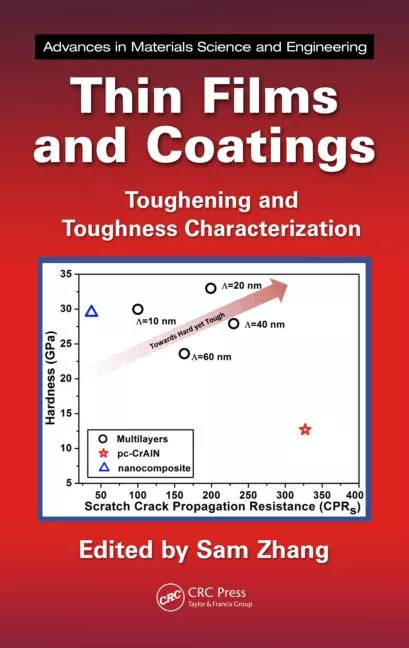Ceramic-Coated Exhaust Manifold Protects Super Boat
Ceramic-coated exhaust manifolds reduce engine bay temperature by as much as 20% on cutting-edge super boat.
A ceramic coating is helping to deliver a range of benefits in the unique marine application of super boats. The coating has helped to lower engine bay temperature and make maintenance simpler, and has added protection for the Kevlar and carbon-fiber hull.
Dean Stoneman, 2010 FIA F2 series victor, GP3 race winner and 2012 P1 SuperStock UK Powerboat Champion, needed to solve heat-related issues on his self-built, XRS48-based super boat. The blend of powerful engines, housed in a tight package area had created heat-management issues until Stoneman remembered a technology widely used in professional motorsport.
“Power is provided by two 6.7-litre FPT 560 turbo diesel engines, each producing 570bhp,” said Stoneman. “Because the boat is very streamlined, the engines are tightly packaged within a compact, enclosed, and airless compartment. One main challenge is to limit the amount of heat inside this compartment - heat that's mostly being generated by the exhaust manifolds. If the engine compartment temperature gets too high, engine power and efficiency is reduced. What's more, due to the sheer heat, routine maintenance out at sea, or between runs, is difficult - hazardous even. I needed to find a way to reduce the temperature, and my experience in motorsport led me to Zircotec.”
The solution was Zircotec's proprietary ceramic thermal barrier coating. “To reduce the surface temperature, and heat soak, we plasma sprayed the two large exhaust manifolds with our ThermoHold®-based ceramic coating,” said Zircoctec’s Sales Director Peter Whyman. “As our ceramic coating can significantly lower surface temperatures, it results in a considerable reduction in air temperature inside engine compartments.”
Since having the manifolds ceramic-coated, the improvements Stoneman has realized have been significant and far-reaching. “Engine compartment temperature has been reduced by as much as 20 percent,” he said. “The engines are running more efficiently too, and power doesn't fall off when it gets hot. Also, because the manifolds are much cooler, the waiting time for maintenance work has been halved.”
Another heat-related concern was the effect of excess heat on the boat's structural integrity. “The hull is a complex composite Kevlar and carbon-fiber construction,” explained Stoneman. “It's placed under enormous stresses due to the speeds, varying wave and weather conditions as well making tight turns. If subjected to high levels of heat, the Kevlar and carbon fiber could be weakened. However, because of the Zircotec coating, heat transfer through to the hull is considerably less and its integrity isn't affected.”
Zircotec already provides a range of thermal management solutions to a wide range of motorsport disciplines, but marine applications to date have revolved around anti-slip and anti-wear coatings on yachts. “Any application, in whatever sector that requires lower surface temperatures will benefit from using a Zircotec coating, and we are delighted to have been able to help Dean,” concludes Whyman.
Looking for a reprint of this article?
From high-res PDFs to custom plaques, order your copy today!






